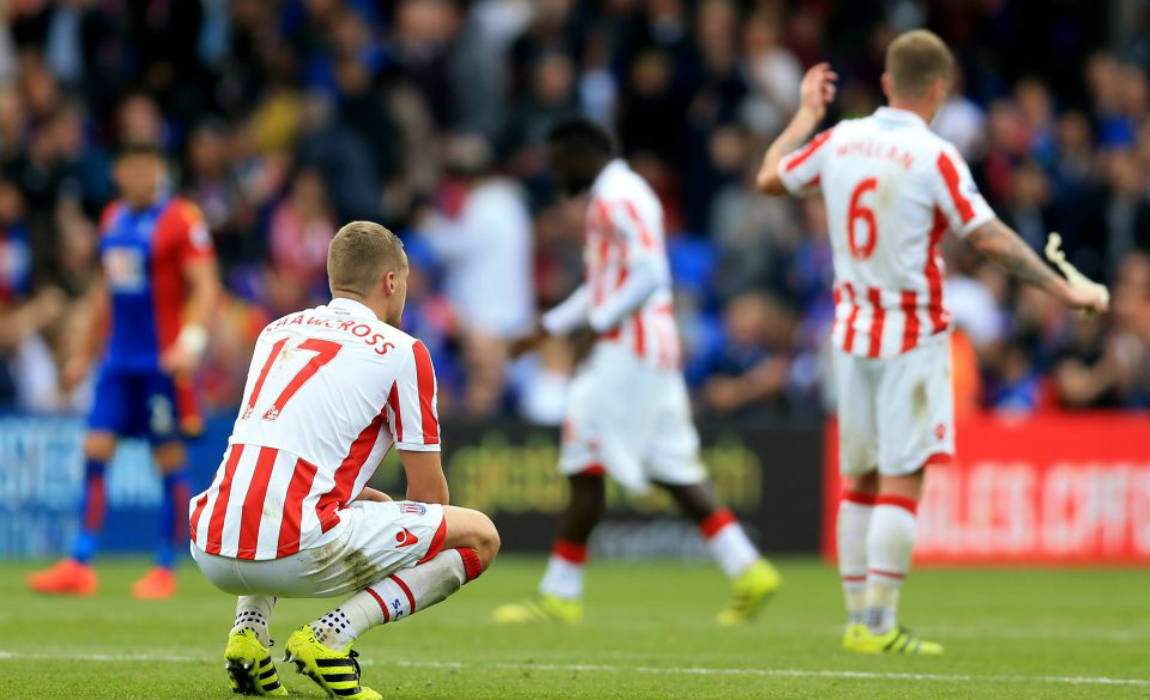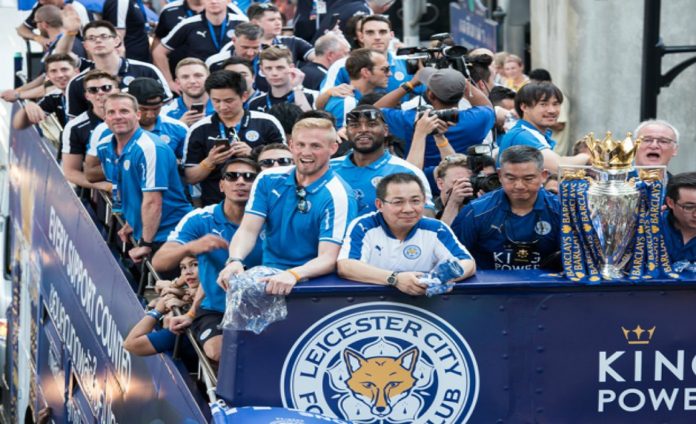Football always divides opinion. As the latest English season draws to a close and the Football League playoffs take centre stage, there will be some that grumble about the format. They will say how “unfair” it is that a club can finish third in the league in the regular season, yet be denied promotion by a club that finished sixth after a late surge. Set that aside though, and you are left with the pure drama. It is win or bust, and prolongs the excitement of the regular season, giving more teams, more to play for in a crescendo of late season fixtures.

The playoffs concept was borrowed from US team sports where this end-of-season competition is a regular feature, attracting huge media exposure and significant commercial interest. In England, for thirty years now, the playoffs have determined the final promotion spot within each division of the Football League. Four teams first try to get to the playoff final at Wembley stadium, then face a nerve-jangling 90 minutes or more to secure a step up the football pyramid.
The inspiration from US sports is important. Put aside the passion, excitement, disappointment and any sense of injustice for a moment. The playoffs can be of huge importance financially. A playoff victory can have the power to stabilise a club’s financial position, clear debts and allow significant investment in players. The pot of gold at the end of this rainbow has largely been filled with TV money. The most recent domestic deal was signed for £5.14 billion. Add in the international rights and this swells to £8.4 billion.

Lower down the leagues, the money on offer is not eye-watering. Our conservative estimates put the prize at around £500,000 for promotion from League Two to League One and around £7m for promotion from League One to the Championship. However, the prize on offer for promotion to the Premier League is staggering and has led to the Championship playoff final being labelled the “richest game in football” with a value of around £170m-£200m. Huddersfield, Reading, Fulham and Sheffield Wednesday are facing off for the jackpot this time around.
Revenue Generator
The often-quoted £200m figure is a little misleading as it takes into account so-called parachute payments which only kick in if a club is relegated the following season. Clubs will receive a minimum uplift of £120m though, which can be triple or quadruple their turnover. In fact, the chart below shows that when Bournemouth was promoted in 2015, the club saw a six-fold increase in revenue, essentially driven by additional broadcasting fees.
ALSO READ: How Fan Loyalty Fails To Help Football’s Much-Needed Financial Reform
 When the prize is so very shiny, straining to reach for it presents a strategic dilemma for clubs. The boost to revenue from promotion can stabilise a club financially, just like it did for Blackpool in 2010, helping it to (theoretically) secure a long-term future. In Blackpool’s case, however, on-field performance was destabilised and supporters became disenfranchised. Seven years later, Blackpool now hope to be promoted back to League One this season, via the playoffs.
When the prize is so very shiny, straining to reach for it presents a strategic dilemma for clubs. The boost to revenue from promotion can stabilise a club financially, just like it did for Blackpool in 2010, helping it to (theoretically) secure a long-term future. In Blackpool’s case, however, on-field performance was destabilised and supporters became disenfranchised. Seven years later, Blackpool now hope to be promoted back to League One this season, via the playoffs.
ALSO READ: The Art Of Coaching: Not Every Great Player Can Become A Legendary Coach
Promotion can also increase the level of expectation and create pressure to retain a position in the world’s richest league. The club can get excited and the board can sanction acquisitions that fall outside a reasonable budget and seriously threaten the short and even long-term financial future of the club. This recalls the experience at Queens Park Rangers, which somehow accumulated £143m of losses despite generating about £250m in revenue during their stay in the Premier League. QPR managed to spend a startling £285m on wages and £114m on player purchases, while their level of debt surged to a peak of £194m.
Prepare To Fail
The third option is to rein in your ambition, develop a strategic plan, grow incrementally and accept that you may become a yo-yo club like Burnley, or survive by the skin of your teeth like Stoke City.
 Either way, the club builds a longer term future at the top table which benefits everyone. Survival through this approach means that a club receives at least another £120m so can build still further and become a stable Premiership club. But even failing and being relegated means a club will still have money to spend, receive a parachute payment (of another £45m or so) and spend a season in the Championship with turnover in excess of three times that of a standard team. This provides a significant competitive advantage over your rivals as Newcastle United showed this year – the Magpies spent big and gained promotion at the first attempt.
Either way, the club builds a longer term future at the top table which benefits everyone. Survival through this approach means that a club receives at least another £120m so can build still further and become a stable Premiership club. But even failing and being relegated means a club will still have money to spend, receive a parachute payment (of another £45m or so) and spend a season in the Championship with turnover in excess of three times that of a standard team. This provides a significant competitive advantage over your rivals as Newcastle United showed this year – the Magpies spent big and gained promotion at the first attempt.
 Ultimately, the direction of travel comes down to owner objectives, which can differ depending on their background and motivations. One thing that is clear: spending beyond your means does not always guarantee success.
Ultimately, the direction of travel comes down to owner objectives, which can differ depending on their background and motivations. One thing that is clear: spending beyond your means does not always guarantee success.
ALSO READ: Football’s Unholy Alliance With Alcohol Sends A Dangerous Message To Young People
The chart above allows us to examine a club’s transfer spending in the year following promotion. It is a confusing picture, but the red bars show those clubs which were relegated the following season, and demonstrate clearly that spending big is no guarantee of survival. This chart doesn’t show the starting point for each club in terms of player quality, but how you spend it is plainly crucial, and the chart shows too that you can survive without throwing the kitchen sink at player acquisitions.
There is broader evidence that the most successful clubs, with the most money, do tend to outperform, but the trade-off between financial and sporting performance is hazardous. Many clubs now choose to chase multiple and escalating objectives: recall the devastating failure at Leeds United in 2003, when creditors were owed almost £100m after the club chased the dream of playing in the Champions League. You chase that dream at your peril is the warning; plan carefully, and spend wisely is the advice to your board. Relegation doesn’t have to be a trapdoor, but promotion can be a trap.




